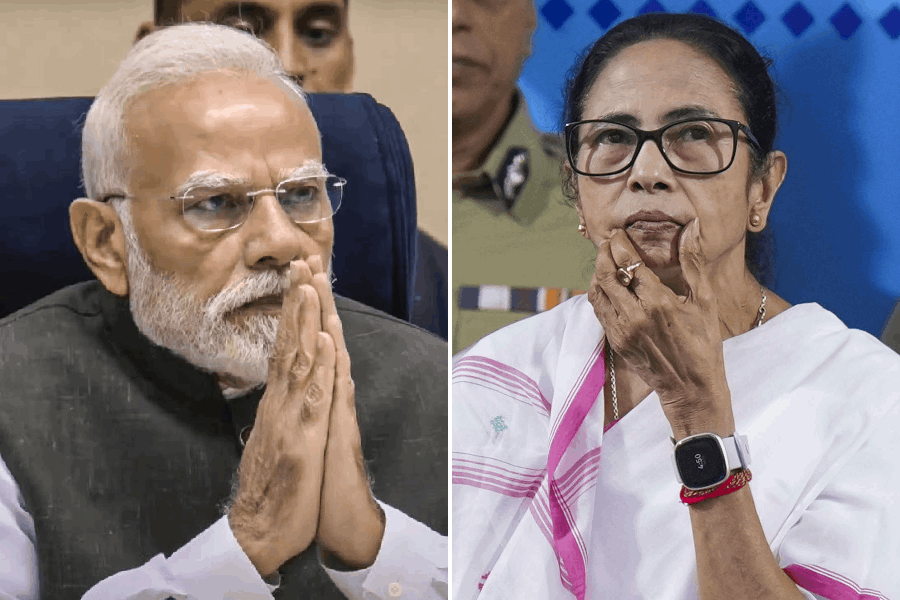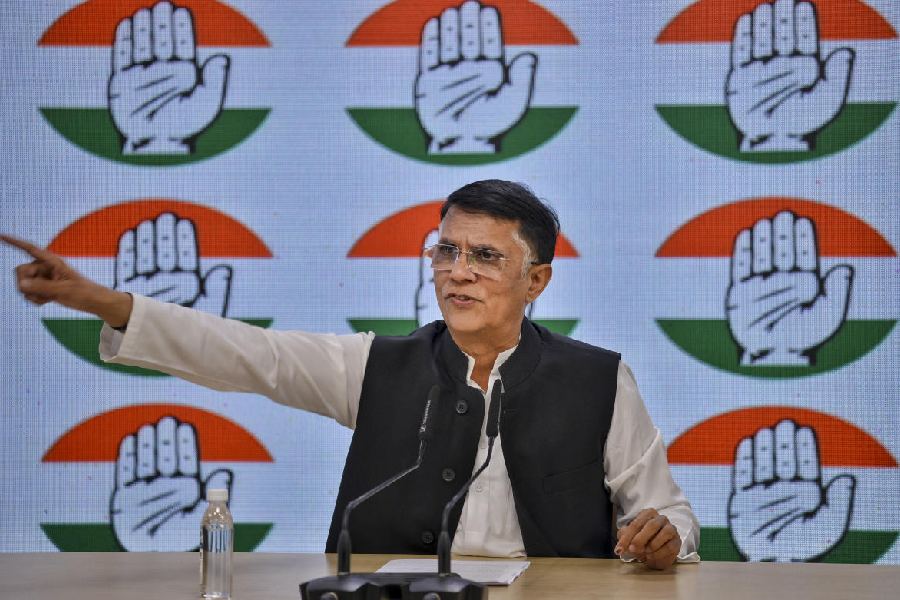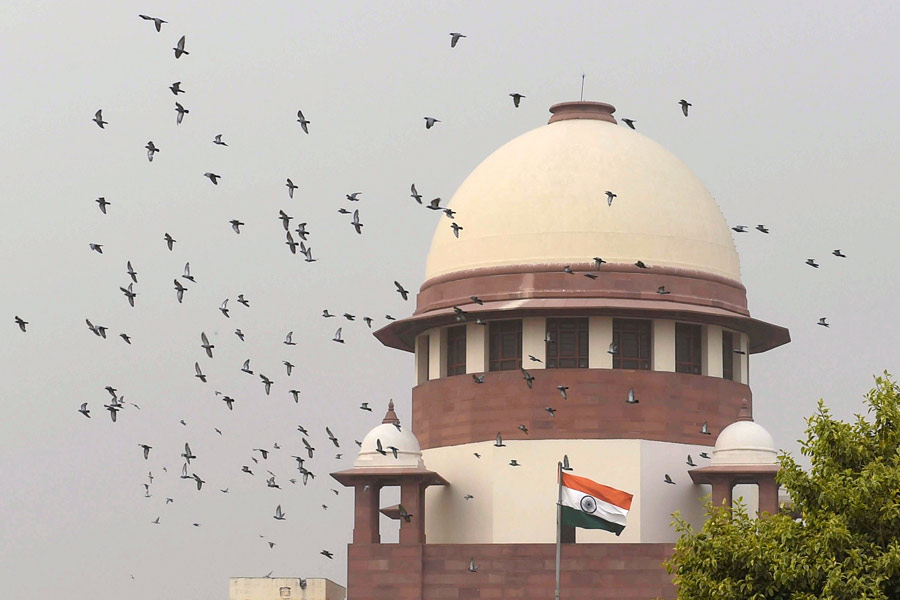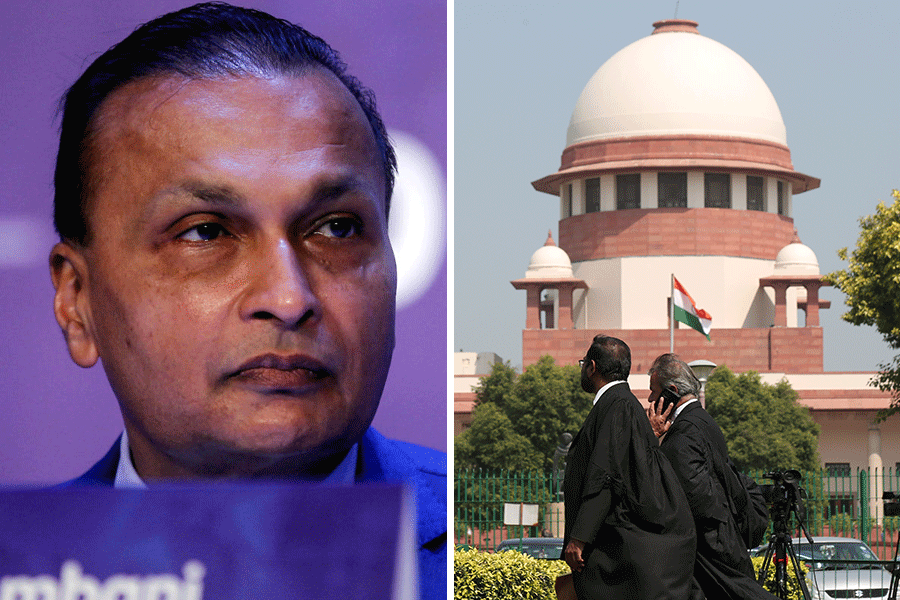 |
| lesson in Jugaad? |
Ranchi, March 10: When the state machinery goofs up in providing textbooks to children on time, fall back on jugaad (quick-fix) innovation.
Grappling with inordinate delay in inviting tenders to print NCERT textbooks, usually distributed free to students of government schools at the start of the academic year from classes I to VIII under Sarva Siksha Abhiyan, the state has decided to start recycled-book banks for every cradle.
The architect of this frugal yet innovative idea, chief secretary R.S. Sharma directed Jharkhand Education Project Council (JEPC) to order all district superintendents of education to collect used textbooks from students after results of final exams come in so that they may be passed down to the junior classes.
Final exams will be over in March-end. The new academic session will begin in the second week of April. Though children promoted to new classes will miss crisp pages and fresh smell of new textbooks, at least they and their teachers will have what they require for studies.
Sharma’s brainwave, which came three days ago, is reminiscent of Jugaad Innovation: Think Frugal, Be Flexible, Generate Breakthrough Growth, a groundbreaking book in 2012 by scholars and strategists Jaideep Prabhu, Navi Radjou, and Simone Ahuja. The book earned global acclaim for low-cost solutions and focussed on six underlying principles of jugaad innovation — seeking opportunity in adversity, doing more with less, thinking and acting flexibly, keeping it simple, including the margins and finally following your heart.
However, in Jharkhand, the jugaad idea has more to do with the state government’s failure to select bidders to supply textbooks even after floating tenders three times.
Pradip Kumar Choubey, administrative officer of JEPC, admitted it was a well-known fact that this time printing and supply of school textbooks would be delayed.
This year, tenders were floated on January 24, February 7 and March 2.
“After the third tender on March 2, bidding will be opened on March 12. It is understood that books will not be available on time,” he said.
It will take at least four months to print and distribute textbooks.
Choubey added that chief secretary Sharma’s idea was a face-saver.
“The chief secretary has directed us to inform all district superintendents of education to ask schools to create book banks so that students of government-run primary and middle schools don’t face any problem,” he said.
Welcoming this move, Ranchi district superintendent of education Jayant Mishra said: “All schools have been directed to create book banks once annual results are announced. For the time being, at least our students can study from textbooks, if not new ones.”
This January, chief secretary Sharma, HRD principal secretary K. Vidyasagar, additional chief secretary cum development commissioner Sudhir Prasad, finance secretary A.P. Singh and others mulled if Jharkhand could directly buy textbooks from NCERT and save time instead of instead of floating tenders for print and supply. The plan was abandoned when it proved too costly.










